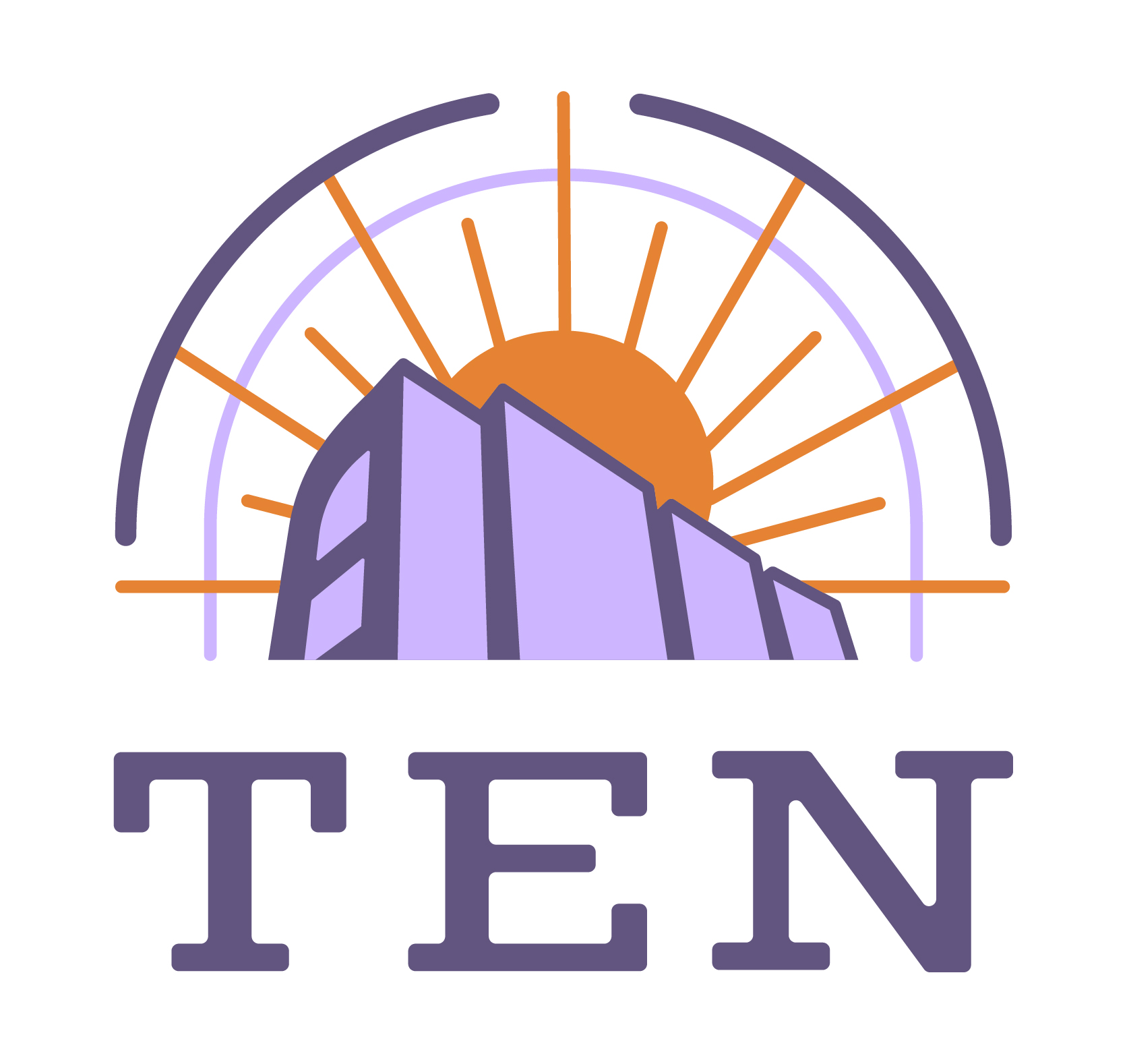The Problem
In the United States, there are 2 million units of Project Based Section 8 (PBS8) Housing. Over 55% of units are made up of BIPOC families, a majority are homes led by women, and over 90% are very low income. Their homes should be safe and decent as a result of HUD’s investment and oversight but often aren’t, severely risking tenants’ health and safety. In 2018, ProPublica declared HUD’s inspection process “pretty much a failure,” allowing “dangerous apartments filled with rats, roaches, and toxic mold” to pass. 7% of Illinois PBS8 properties failed their last HUD Inspection outright, and 28% scored 80 or less, which HUD considers an “ exigent [risk] to health and safety”. Tenants may complain, but management often denies the problem, or ignores tenants outright. The state of PBS8 reflects the endemic racism in our country: in homes that are occupied predominantly by BIPOC residents, the lives of the tenants do not matter.
The Solution: TEN
In response to the ongoing harm within Project Based Section 8 Buildings, Tenant Education Network seeks to provide an antidote. Tenant Education Network (TEN) is a power building 501c3 that supports the leadership of Project Based Section 8 tenants, primarily low income women of color, to transform their housing and communities. By combining union organizing tools with innovative technology, TEN assists tenants in demystifying the Department of Housing and Urban Development (HUD), organizing their neighbors, and holding power brokers accountable. Ultimately, these tenant associations will be able to win union contracts with their building’s owner that give them agency and create sustainable material improvements in their housing and lives. Through building tenant power, TEN brings tenants to the bargaining table to win big changes for the long term.
With the knowledge that PBS8 HUD buildings produce many of the same problems, but also follow the same rules and regulations, we want to use this understanding to create widespread, substantial changes in these buildings. Organized tenants can successfully hold HUD officials accountable by presenting them with clear documentation of problems from as many tenants as possible. Our organizing model understands the power in clear documentation, showing numbers, and bringing as many tenants as possible to the organizing table to put pressure on the correct HUD systems.
The Result:
Material Changes
Building relationships with tenants. Tenant unions can ensure that private landlords provide safe, decent, and affordable housing. TEN fights for and wins tangible changes, such as extermination, abated mold, fixed elevators, and respectful management.
Keeping Tenants at the Table
By building supermajority tenant unions, TEN can win contracts that keep tenants at the table for the long term. These contracts can ensure full rehabs of the building, sustainable tenant services, and investments in the tenant union.
Replicable Model to Build Union Power
TEN’s organizing model can be replicated in local communities nationwide by scaling the infrastructure through human and technological resources–and ultimately serve as a powerful force to pressure targets beyond their buildings.
Our WebApp:
TEN is testing a webapp that will aid our work and put power in tenants’ hands. Our approach to tenant organizing utilizes a rigorous documentation process based on photo evidence to recruit HUD enforcement against slum conditions. It requires knowledge of HUD’s bureaucracy and various email and formatting functions. With our webapp, the process can be automated by a smartphone, a tool nearly all tenants are comfortable using. It asks simple yes/no questions that identify the problem and generates a form letter that can be sent to HUD officials.
Our webapp will be the first of its kind, specifically in PBS8 buildings. By putting the power of documentation and organizing into the hands of tenants, tenants will be able to take action for the long term.
